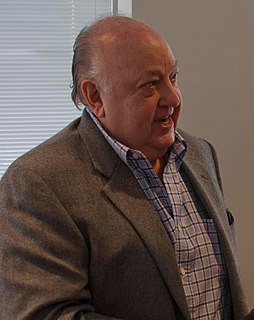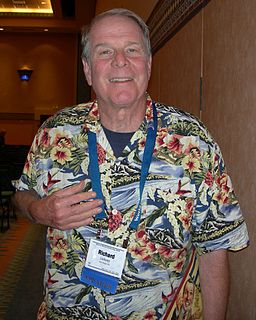A Quote by Grace Hopper
The most damaging phrase in the language is: 'It's always been done that way.'
Related Quotes
It has always been my thought that the most important single ingredient to success in athletics or life is discipline. I have many times felt that this word is the most ill-defined in all of our language. My definition isas follows: 1. Do what has to be done; 2. When it has to be done; 3. As well as it can be done; and 4. Do it it that way all the time.
If you listen to the urban speech patterns there you'll find it's quite characteristic that a sentence will begin in one language, go through a second language and end in a third. It's the very playful, very natural result of juggling languages. You are always reaching for the most appropriate phrase.
As a woman of colour, as a person who is a minority, I believe its important that other people know about my language and I don't necessarily have to explain. In the same way, when I read 19th-century literature and if I have to understand a Latin phrase or a French phrase, it is incumbent upon me to learn it.
It has not been definitively proved that the language of words is the best possible language. And it seems that on the stage, which is above all a space to fill and a place where something happens, the language of words may have to give way before a language of signs whose objective aspect is the one that has the most immediate impact upon us.
Phrase it in an interesting way; don't phrase it in a mean or unfriendly way. Bob Dole said that if there's anything he would have done differently, he would have said [to George Bush] "Start telling the truth about my record" instead of "Stop lying about my record." Frankly, had he done that, life might be different for Bob Dole today.
I think that Obama's failure to reestablish the rule of law in money matters is the most damaging thing that he's done - and perhaps the most damaging thing that has happened in American politics in my lifetime. Because once the rule of law is absent in money matters, then anything really goes in politics.
The breakdown of our language, evident in the misuse, i.e., the misunderstanding of nouns and adjectives, is most grave, though perhaps not so conspicuous, in the handling of prepositions, those modest little connectives that hold the parts of a phrase or a sentence together. They are the joints of any language, what make it, literally, articulate.



































